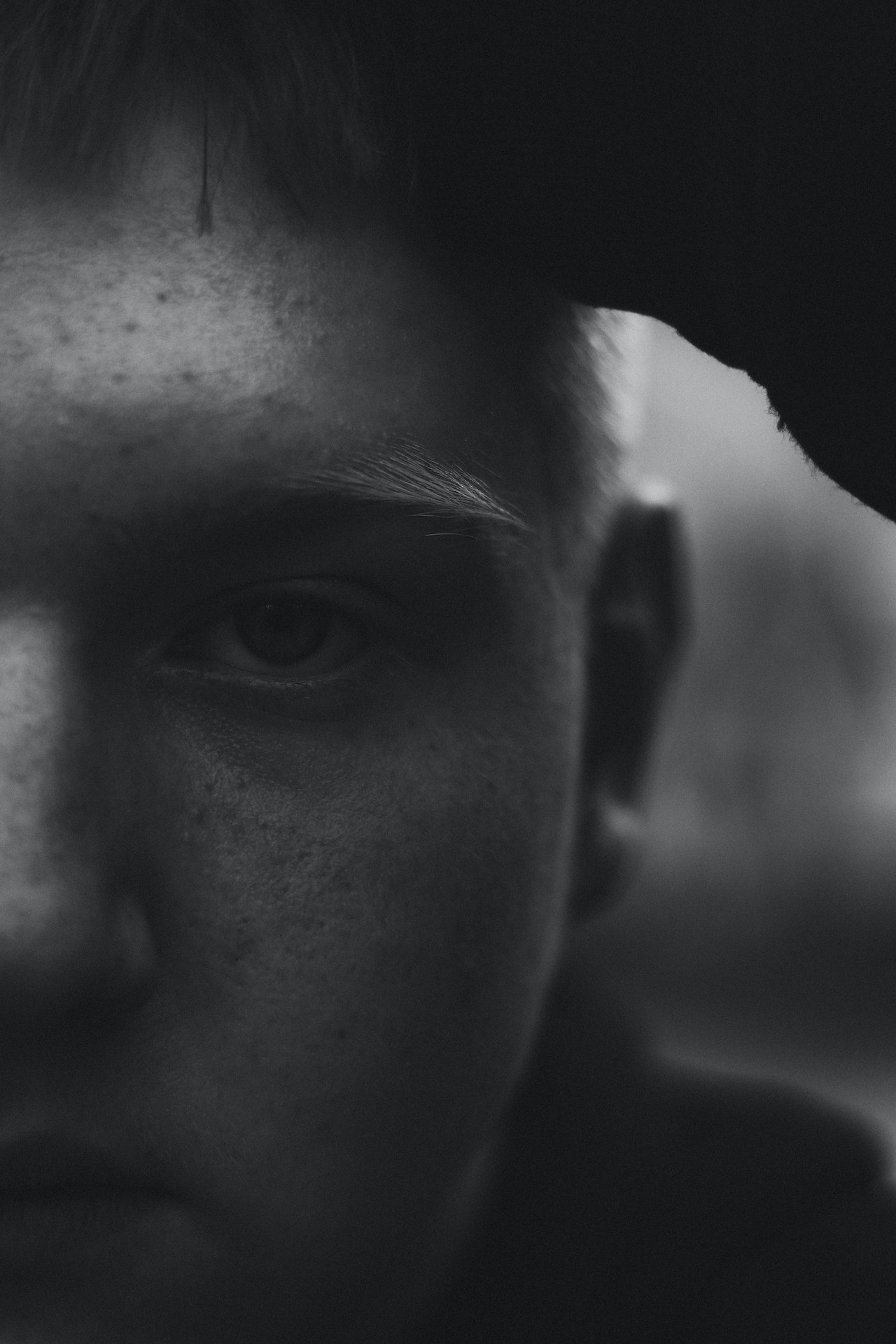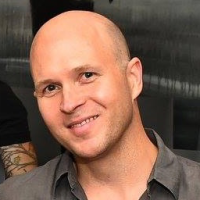You hear it from guys all the time, usually talking amongst themselves under their breath.
“Eh, she and I dated for a while, but she’s got daddy issues, man.” Or worse, the condescending, “Avoid her, dude, she’s got major daddy issues…”
Men use the phrase all the time as a way to diminish a woman’s personal, social, or dating “value.”
But it’s time to pivot the narrative.
Because from what I’ve seen, it’s men who have way more conflicted and unresolved issues with their fathers than women. And it’s men who suffer more far-reaching dysfunctional behaviors as a result—ones that can profoundly affect or even endanger the lives of those around them.
When a young man grows up without a solid father figure in the home, those “daddy issues” in time often lead those men to drink. To womanize. To cheat. To cheat at work. To become violent. To end up incarcerated. To be suicidal. Or simply to become corporate titans who stomp on the rights of the less fortunate or ruthlessly strive to acquire mass sums of money. All to compensate for some approval they never got from their fathers.
Sure, women can suffer from emotionally blocked, cold, or flat-out absentee fathers too. The void left by their fathers and the lack of attention might lead them to act out, seeking approval or affection elsewhere, and often in men who are just as neglectful and disapproving as their fathers because it’s simply what they know. Or it can just lead to widespread resentment of men en masse as if all men will be as unloving or untrustworthy as their own fathers were.
But if anything, it’s something to be sympathized with, not weaponized as a reason to question a woman’s character, integrity, or fortitude. They were dealt a heartbreaking deck of cards and are trying to get through life coping with it as best they can. And it’s men who inflicted this injury in the first place, so let’s not blame the victims here.
But I think we men need to spend a whole lot more time looking at our own daddy issues before ever pointing the finger at women again. Because we as men are hurting from distant/absentee fathers perhaps even more, and our behavioral patterns are far more troubling.
Look at Lance Armstrong. You think he became the world’s most dominant cyclist (and most devout cheat) through a simple joy of competing?
Hell no.
His father left him and his mom at a young age, leaving his mother to raise him on her own (at 17!). Then stepfather Terry would enter the picture and “beat the living sh*t out of me,” Lance confesses—often with a fraternity paddle. That combined sense of abandonment and constant disapproval—never being “valued”—left him with a bottomless need for adulation and admiration. So if he couldn’t get it from his two dads, he’d get it from the world at large, via grinding his opponents into the ground in the cycling world. And while Lance’s victories may have inspired the world and helped raise $500 million for cancer research, his desperation for public worship led him to lie for over a decade about his doping and destroy countless people’s lives who dared reveal the truth.
Let’s take Andrew Tate—self-proclaimed misogynist and “men’s coach” who conned thousands of naive, young men into paying for worthless advice and was ultimately arrested on rape and sex trafficking charges. Guess what? Yep, “daddy issues” galore. Andrew’s father was reportedly an abusive and neglectful father too. He was a competitive chess player, but was an alcoholic who rarely saw his kids and left the family for months at a time. And when he was around, he routinely shoved his boys to the ground to try to teach them to “learn to get up.” When a young boy dying for his father’s approval is starved for it, he grows up desperate for adulation and will do anything to get it, including lashing out at his mother and women in general and spewing endless, generic nonsense about men needing to “work hard,” “don’t read books,” and “learn to fight.” Tate is the poster child for the kind of toxic masculinity created when fathers fail to be there in their sons’ lives with any meaningful presence.
It’s no secret that Donald Trump’s father barely paid him attention—even sending him off to military school the more he acted out as a child. If Fred Trump had spent more time with his son and less trying to be the most racist slumlord in Brooklyn, maybe we wouldn’t have a serial liar who’s been sued over 4,000 times, accused of sexual assault 25 times, and currently under four criminal investigations trying to run for president again to get the approval from the public he never got from his dad.
Hell, even the most evil man in history, Adolf Hitler, had daddy issues. His father was a ruthless disciplinarian who often violently beat and constantly derieded his son, depriving young Adolf of any sense of approval or self-worth. To make matters worse, he died when Adolf was 14, so young Hitler grew up without any father figure after that. Although he tried to find success in the arts, when that eluded him, his old feelings of resentment and anger returned, and he slowly evolved into the evil dictator who ordered the deaths of six million Jews. If Adolf had grown up with a caring, present father who taught him how to work on automobiles, history would have taken a much better turn.
Beyond these monstrous figures lie countless numbers of murderers, drug dealers, and violent men whose personal histories far too often reveal the absence of a positive father figure in their lives.
The consequences of fathers not being there for their sons are boundless. Today, with more fatherless homes than ever, we have more boys dropping out of high school, way fewer men attending college than women (some say the ratio is now 40 percent men to 60 percent women), more young men hiding out in basements playing video games, and more young men turning to suicide, violence, and mass shootings as a result of their isolation and stunted emotional development.
It’s an epidemic that needs immediate societal attention, or things will get worse.
Former financier turned men’s mental health advocate, Tom Matlack, cites the staggering fact that men are four times more likely to take their lives than women as the biggest reason we need to ring the alarm bell. “As men, we are socialized to never let down our guard or to get vulnerable. And it is killing us.” Tom also cites male isolation as a key obstacle in men’s ability to maintain a positive outlook on life. And this often takes root in the lack of a father figure in their lives growing up. “So guys, take an inventory. How many real friends do you have?” Tom advises, adding, “…you need five real friends you could call in the middle of the night.”
As men, we all need to take steps to both help ourselves and other men get the sense of community and support we need.
So the next time you hear a man talk about a woman having “daddy issues,” remind them that it’s generally not women committing globalized fraud, overdosing on opiates, getting served with restraining orders or shooting up schools. It’s men—and usually men who grew up without a solid father figure in their lives.
So here’s to a conscientious shift in men everywhere toward providing more healthy masculine mentorship in the lives of today’s boys and young men.
It starts with making sure we’re getting the male support in our lives we need, then making sure the other men in our lives have it too—young boys most of all.
~
Please consider Boosting our authors’ articles in their first week to help them win Elephant’s Ecosystem so they can get paid and write more.


 Share on bsky
Share on bsky





Read 2 comments and reply